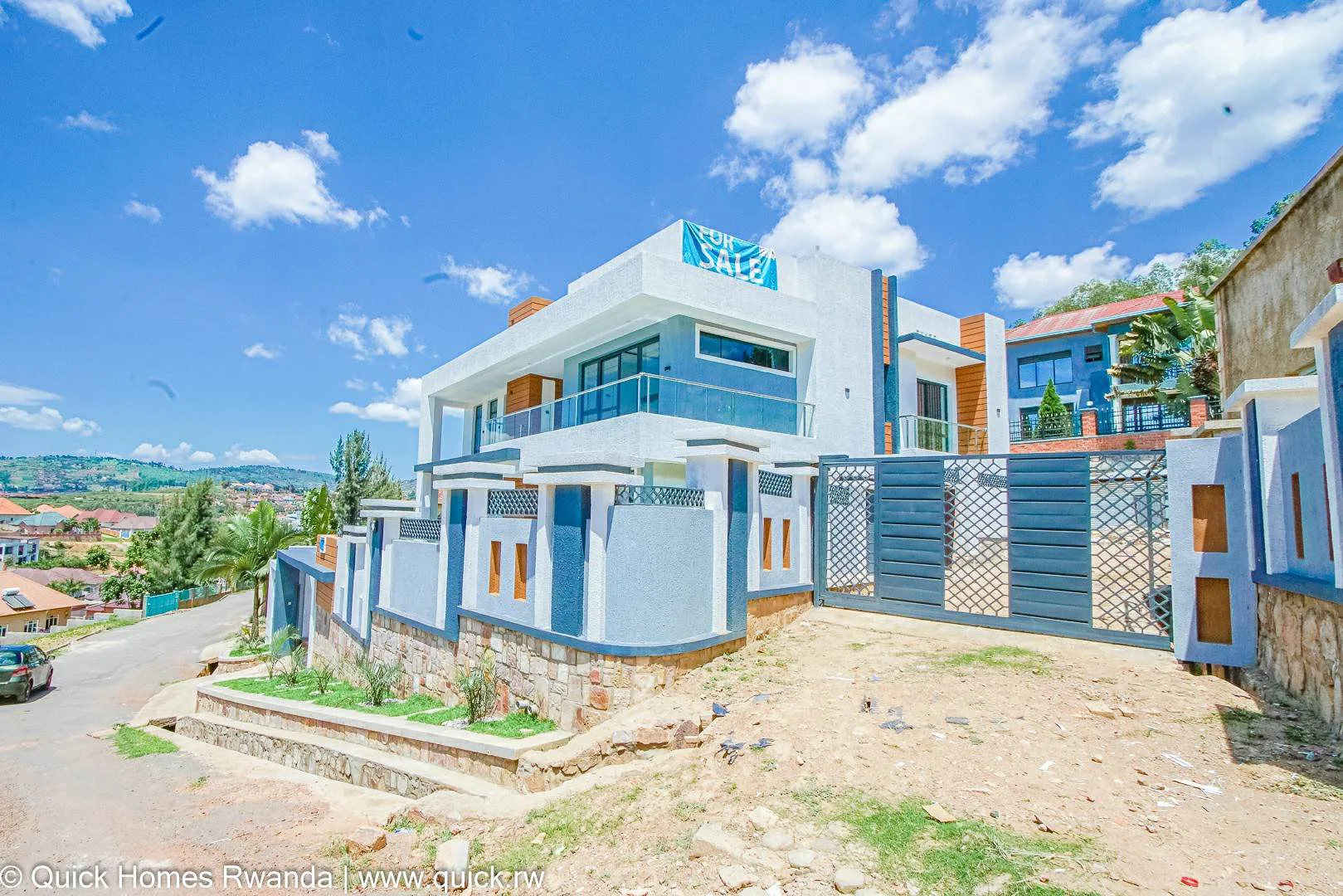
A Guide To Getting A Mortgage In Rwanda
Embarking on the journey to homeownership in Rwanda involves understanding the intricacies of securing real estate finance, particularly mortgages. This detailed guide is tailored to illuminate the path for prospective homeowners, emphasizing the critical steps and documentation required to successfully obtain a mortgage in Rwanda. Whether you’re considering purchasing a house or an apartment, this guide merges traditional and contemporary insights, offering a thorough perspective on navigating the real estate financing landscape in Rwanda.
Comprehensive Insights on Mortgages in Rwanda
A mortgage in Rwanda is a financial tool provided by banks that facilitates the purchase or construction of a property, which in turn acts as security for the loan. With terms extending from 20 to 30 years, Rwandan mortgages are designed to accommodate long-term repayment plans. Notably, many banks in Kigali extend services such as diaspora banking and refinancing options, enhancing your ability to manage the equity derived from initial mortgage repayments. This guide aims to demystify the process, ensuring you’re well-equipped to embark on your mortgage acquisition journey.
Evaluating Financial Preparedness for Real Estate Finance in Rwanda
A pivotal initial step involves a thorough assessment of your financial health. Rwandan lenders typically necessitate a minimum down payment of 20%. A robust financial standing not only reduces your upfront payment but also secures more advantageous interest rates. This guide will delve into essential documentation and illustrate how each document bolsters your mortgage application in Rwanda.
Essential Documentation for Obtaining a Mortgage in Rwanda
Starting Your Journey:
- Bank Account: Existing banking relationships can streamline the approval process. Evaluate different Rwandan banks to identify the most favorable terms.
- Work Contract: Demonstrates steady income, proving financial stability to lenders.
- Bank Statement: Validates your income and financial habits, critical for lender assessment.
- Certificate of Marriage or Celibacy: Indicates financial responsibilities and potential contributions to loan repayments.
- Sales Contract: Confirms the agreement with the property seller, detailing price and payment terms.
- Property Evaluation Report: An essential document that influences the loan amount, based on the property’s valued price.
- ID or Passport: Ensures security and consistency across all documentation.
- Application Letter for a Mortgage: Officially commences your application, ideally prepared with the assistance of a professional real estate agency.
- Passport Photos: Required for attaching to your mortgage application.
Navigating the Mortgage Application Process
With the necessary documents in hand, you’re ready to proceed with the mortgage application. Understanding interest rates, which typically range from 14% to 18%, is crucial, as they significantly influence the loan terms.
Preparing for Your Property Search in Rwanda
The dynamic Rwandan housing market demands preparedness. Securing financing in advance, including pre-approval, positions you competitively among buyers.
Partnering with Trusted Financial Institutions
Engaging with reputable banks is vital for a smooth mortgage process. Partnerships with institutions like I&M Bank Rwanda, Equity Bank and Bank of Kigali recommended by trusted entities such as Quick Homes Rwanda, can facilitate expedited approval processes.
Final Thoughts
Purchasing property in Rwanda represents a significant milestone towards achieving your dream home. This comprehensive guide to obtaining a mortgage in Rwanda is designed to guide you through each step of the process, from financial readiness to securing the right financing partner. For further assistance or inquiries, reaching out to the experts at [email protected] or +250 788 441844 is encouraged. Let this guide be your companion in navigating the exciting journey of homeownership in Rwanda.


